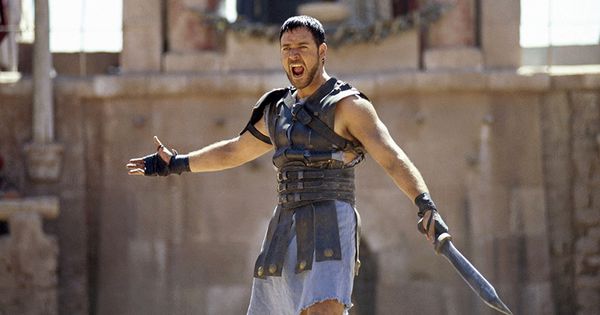
From Gladiator to World Cup: Sports commercialization of time economy
Remember the 2000 movie Gladiator? Recalling this movie allows us to understand this ancient sport not only as a combat sport but also as something that can be commodified.
There were general audiences, organizers, event stakeholders, vendors, and gladiators themselves involved in this activity.
Wray Vamplew, an Emeritus Professor in Sport at the University of Stirling, stated that the commercialization of sports, through different levels, was already taking place some two thousand years ago, rather than the modern sports with gate-money since the 19th century.
From Ancient Greece, Rome, Byzantium, Mediaeval and Renaissance Europe, and different eras before the modern world, there was significant evidence of sports commercialization. Sport is not simply sporting. Organizing sports events, venues, sports peripheral businesses, professional athletes with trainers, agencies, tourism, and gambling are among a page-long list of participants or elements of sports commercialization.
There are always people who are willing to pay to watch, and people or athletes who are willing to pay to participate in the sport.
Even in those old days, spectators were willing to travel from one place to another to watch the sport or support their favourite sportsman, not even to mention that modern spectators would like to fly thousands of miles for a sporting event.
The participants are people looking for the prize, glory, or just simply to be part of the sport. Of course, some people engaged in sports make a fortune or earn their freedom. Nowadays, more people may simply want to take a picture and press the key to “check-in” on the spot and get likes & shares on social media.
All economic activities involve time, and more time involved may induce additional dollars for the economy.
It is obvious that modern sporting events generate billions of dollars’ worth of value for the economy.
Sport is one of the major businesses of the time economy. Sports generate a scalable time economy with a potentially global audience or at least the fans of two rival clubs in a match. The event with thousands of spectators will generate time economy value for those who participate on the spot in watching the event, while the same event can be available to hundreds of thousands through digital means, further extending the economic impact of the event. It is the huge amount of time involved that corresponds to the dollar amount generated. All sorts of people involved in the sports businesses of different industries generate an abundance of time of consumption and push forward economic development as a whole. Well, the Macau Grand Prix has been doing this throughout the last few decades, but it is merely a few days’ activities.
There are way more economic activities than we may think of derived from spectator sports other than simply the time of the sporting event held. Personal or friendly sports between acquaintances also generate a certain amount of GDP in terms of consumption related to them, though it is just a peanut compared to organised commodified sports, involving hundreds of people at a local sports match and billions of people watching the world cup for example.











